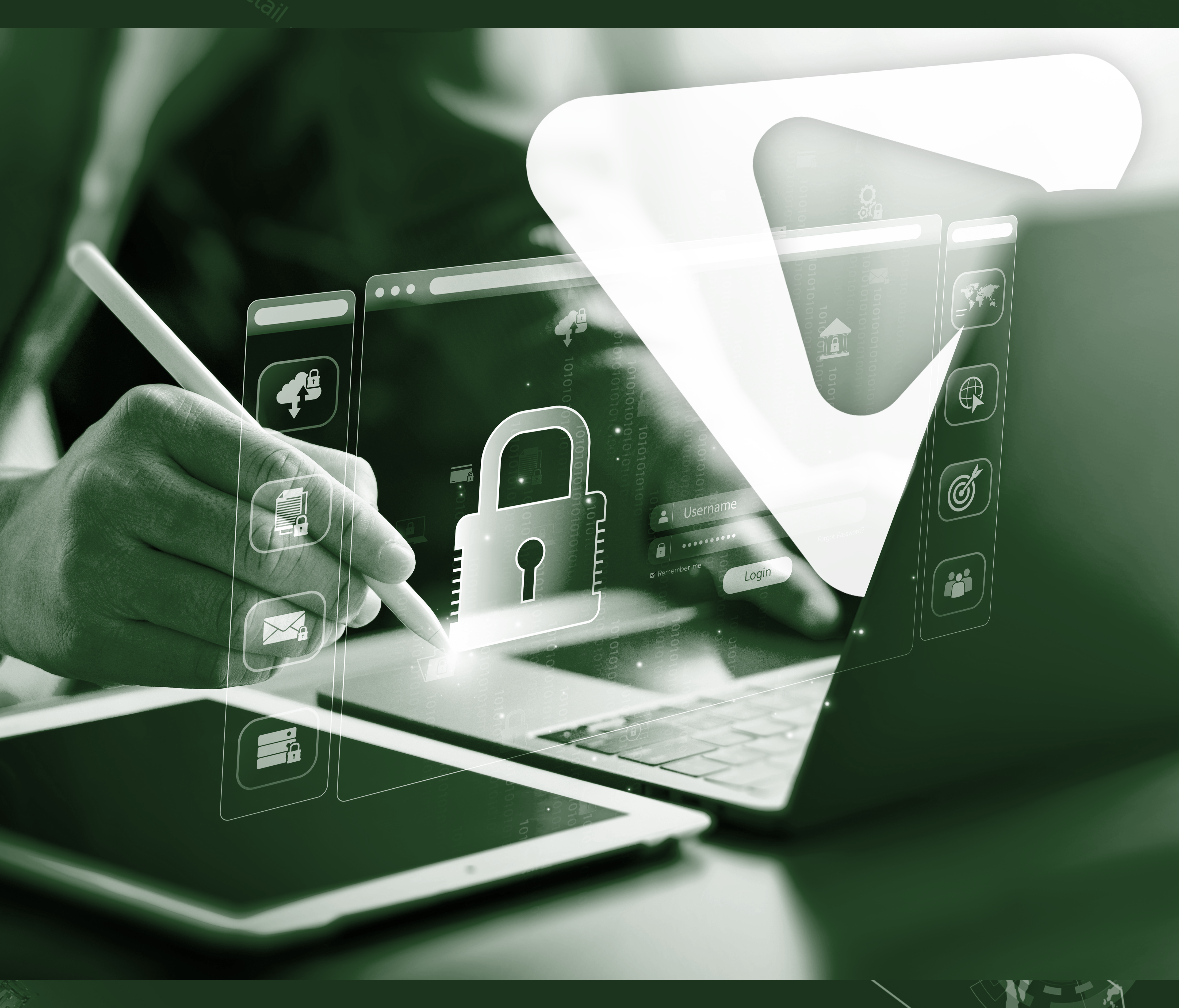In today’s globalised economy, logistics underpins international trade, enabling the swift movement of goods. However, with the rapid digitalisation of the sector, cyber threats have become a serious concern. At Vidu Group, we recognise the importance of robust cybersecurity measures to protect global supply chains from these emerging threats. This article examines why cybersecurity in logistics is crucial and how to safeguard operations.
The Increasing Importance of Cybersecurity in Logistics
The logistics industry has embraced technological advancements such as automated warehouses, Internet of Things (IoT) devices, and advanced supply chain management systems to streamline operations. These technologies bring greater efficiency and visibility but also introduce vulnerabilities to cyberattacks. Cyber threats can disrupt operations, cause financial damage, and erode trust in a company’s services.
Common Cyber Threats Facing the Logistics Sector
- Ransomware: Hackers may lock critical data and demand payment to restore access, paralysing logistics operations and causing costly delays.
- Phishing and Social Engineering: Employees can be deceived into giving away sensitive information, leading to unauthorised access to systems.
- Data Breaches: Hackers can exploit security gaps to access confidential data, leading to reputational and financial harm.
- IoT Vulnerabilities: As logistics companies adopt connected devices, their systems may become susceptible to cyber intrusions if not properly secured.
- Supply Chain Attacks: Attackers can exploit weaker partners within the supply chain to gain access to critical infrastructure, affecting entire networks.
- Key Practices for Improving Cybersecurity in Logistics
- Conduct Regular Risk Assessments: Evaluating your logistics systems and identifying potential weaknesses is essential in minimising risk.
- Employee Training: Ongoing education around cybersecurity helps employees recognise threats like phishing attempts, reducing the chance of human error.
- Strong Encryption and Security Protocols: Safeguarding data with encryption both at rest and in transit is key to preventing unauthorised access.
- Multi-Factor Authentication (MFA): Adding layers of verification when accessing systems strengthens security.
- Software Updates and Patching: Keeping systems and software up-to-date protects against known vulnerabilities.
- Incident Response Plans: Being prepared with a well-defined incident response plan ensures a swift and effective reaction to any potential breaches.
The Need for Expert Cybersecurity Talent
To effectively secure logistics operations, it’s essential to have a team of skilled professionals who understand both technology and logistics. From cybersecurity analysts to IT managers, having the right personnel ensures that the necessary defences are in place.
How Vidu Group Can Assist
At Vidu Group, we specialise in recruiting the best cybersecurity talent for the logistics industry. With our deep understanding of the sector and a broad network of professionals, we can help you find the experts needed to safeguard your supply chain from digital threats.
As the logistics industry continues to evolve through digital transformation, investing in cybersecurity is essential. Protecting your supply chain from digital threats ensures uninterrupted operations, data protection, and ongoing trust from customers and partners. By working with a recruitment expert like Vidu Group, you can build a secure and resilient logistics network.
More articles

